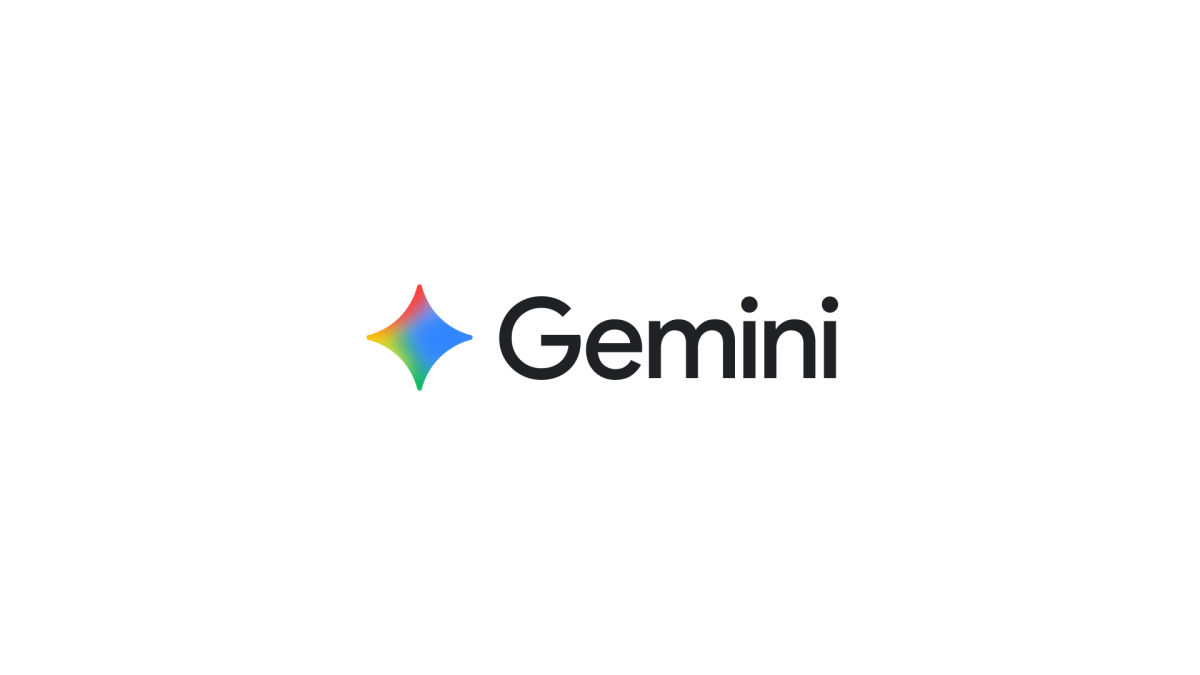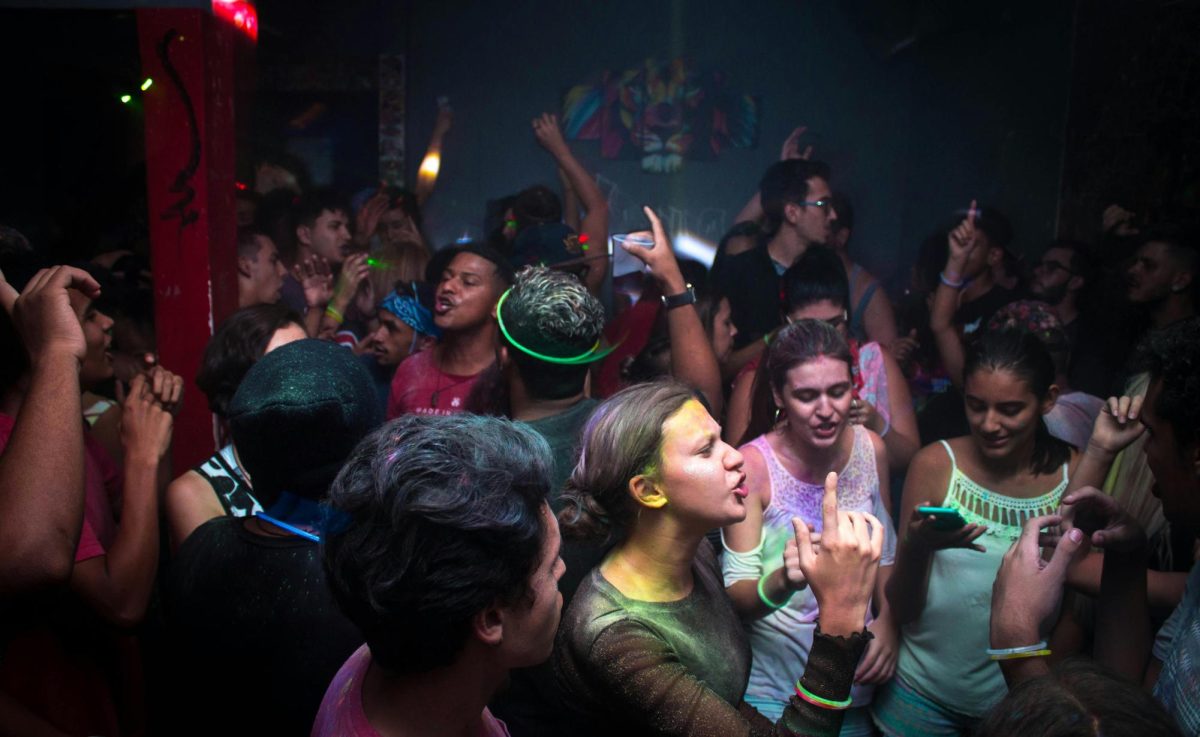Representatives from Google Gemini set up sleek white and pastel-blue kiosks outside One Pace Plaza in Lower Manhattan on Sept. 18, 2025, inviting University students to test the company’s newest artificial intelligence system. Flyers promised “a free six-month Gemini subscription for all verified student testers.”
By midafternoon, a line of curious undergraduates snaked past the university entrance, each eager to witness the power of the tech giant’s self-proclaimed “most intuitive conversational AI yet.”
The timing could not have been more ironic. The University maintains one of the strictest campuswide bans on the use of generative AI for academic work, an institutional stance reiterated at the start of the fall semester. Faculty were instructed to treat any AI-assisted writing, coding or editing as academic dishonesty unless specifically permitted by an instructor. Students caught submitting AI-generated material face disciplinary action under the Academic Integrity Code.
So when Google Gemini offered free access just steps away from the same classrooms where its use is forbidden, the event underscored a widening disconnect between innovation and academia — a clash not of technology versus tradition, but of institutional readiness versus reality.
For students already navigating the pressures of essays, projects and internships, the offer was understandably tempting. Free access to a premium AI tool, marketed as an educational aid capable of summarizing research, brainstorming ideas and drafting emails, sounded like a gift. And to be fair, companies such as Google, Microsoft and OpenAI often pilot student programs to encourage responsible integration of AI literacy.
Yet at the University, this free trial existed in a gray zone-– legally permissible for personal use but academically prohibited. Students who signed up could test Gemini on their phones or laptops, but any use of it for coursework risked violating university policy. The contradiction left many wondering what “learning responsibly” means in 2025, when generative AI has become nearly as ubiquitous as Wi-Fi.
Some professors voiced concern that this kind of campus marketing undermines their efforts to maintain academic integrity.
“It’s like setting up a bar outside an AA meeting,” said an adjunct in the English Department who requested anonymity because they were not authorized to speak publicly. “Students are being told both to explore the future and to fear it.”
The heart of the issue is not the presence of Google Gemini itself but what it symbolizes — a future knocking at the door of an institution still debating whether to answer. Universities have long struggled to balance innovation with integrity, banning calculators in the 1970s, then requiring them by the 1980s; discouraging Wikipedia in the 2000s, then citing it as a gateway to credible research today.
Often, when students use Gemini, ChatGPT or Copilot, they are not necessarily cheating. They are often attempting to learn faster, work smarter or manage the mental overload of modern academic life. The educational question should not be “How do we ban this?” but rather “How do we do a better job at teaching this?”
By refusing to adapt policy to the pace of technological change, universities risk alienating the very students they are meant to prepare for an AI-driven world. If the corporate sector, media and creative industries now expect literacy in tools such as Gemini, banning them in higher education feels increasingly outdated.
No one is suggesting a free-for-all where AI completes entire term papers. What is needed is constructive regulation — clear guidelines that distinguish ethical use from academic misconduct. Students should learn how to disclose AI assistance, evaluate generated content for bias and combine it with original analysis, similarly to how general internet search engines are used today. In other words, universities should be teaching AI fluency, not enforcing AI abstinence.
Allowing companies such as Google to engage with students on campus could be a powerful educational opportunity if done collaboratively. Imagine a sanctioned workshop where Gemini’s developers and faculty co-lead sessions on prompt engineering, critical source verification and algorithmic bias. That would transform what was a marketing stunt into an academic partnership.
Instead, the current dissonance sends mixed signals: innovation outside, prohibition inside. Students caught in the middle must self-censor their curiosity to stay compliant. It’s difficult to nurture intellectual honesty and integrity in an environment that seems ambivalent about intellectual progress.
Although the University allowed Google Gemini onto the premises of One Pace Plaza, the University must begin to bridge the gap between prohibition and participation. That begins with transparency, dialogue and the courage to admit that “no AI use” policies are unsustainable. When innovation collides with an institution, one must yield; for the sake of progress and for the integrity of learning itself, it should not be the students.






